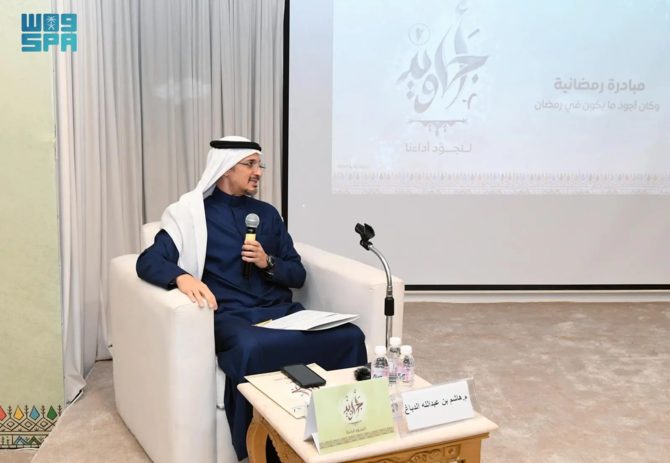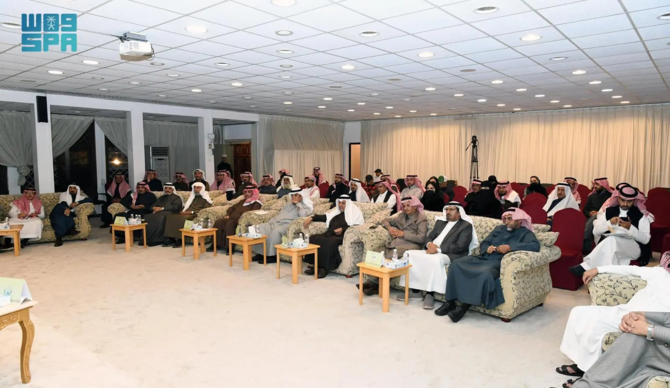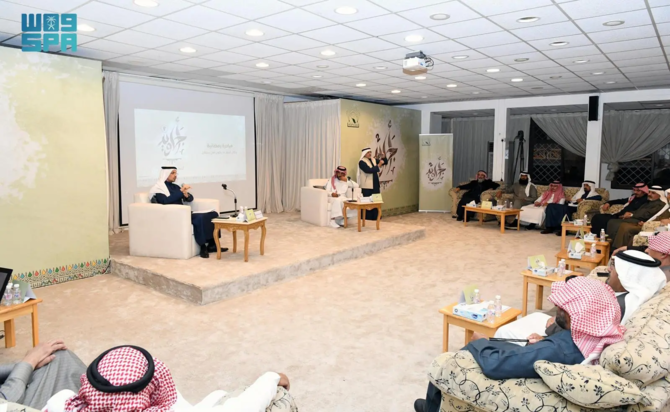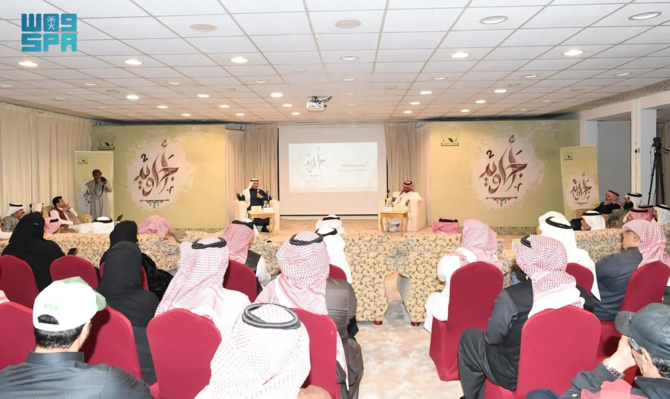RIYADH: The importance of preserving the natural environment that characterizes Asir while implementing new tourism projects has been emphasized by the Asir Development Authority’s acting CEO.
Hashim Al-Dabbagh said this was one of the authority’s most important duties, along with developing the tourism and service sectors, reported Saudi Press Agency.
Al-Dabbagh was speaking during an open discussion organized by the Abha Literary Club as part of its Ramadan activities. The event was moderated by Dr. Hamoud Al-Asiri, head of the tourism department at King Khalid University.
“One of the authority’s most prominent goals is to make Asir a tourist destination throughout the year, whether in summer or winter, and to activate seasons and festivals that attract visitors and exploit the natural diversity that characterizes Asir, from the mountains to the coasts and deserts, so that tourists, whether from inside or outside the Kingdom, will have a positive and different experience,” he said.
Regarding tourism investment for the private sector in the Asir region, Al-Dabbagh said the Kingdom’s Vision 2030 had a target of SR6 billion ($1.6 billion). However, the authority was working to increase this to around SR9 billion during the same period.
Plans include projects in various tourist destinations such as accommodation, developing tourist farms, and agricultural tourism. Other initiatives will include hospital and recreation destinations and supporting investors in manufacturing, health and agriculture.
Investing in the region’s cultural heritage and customs was also vital, he said.
Asir is also notable for its local cuisine, which has achieved global recognition after obtaining the International Culinary Arts Region for the Year 2024 award.
Director General of Tourist Destinations at the Asir Development Authority, Hatem Al-Harbi, spoke about the role of the region’s people, especially the younger generations, in implementing plans for developing tourism.
He pointed out the authority benefited greatly from ambitious young people who loved to work. Taking part in planning and implementing all events and activities and providing them with real job opportunities in all fields, had an important economic impact.
He said the current focus was on cities and sites that were witnessing a large demand for tourists and providing the appropriate infrastructure.
He added that the number of visitors per year had increased to more than 900,000, while the authority continued to develop and rehabilitate all governorates in the region to achieve the goals of Vision 2030, which includes attracting more than 9 million visitors every year.































